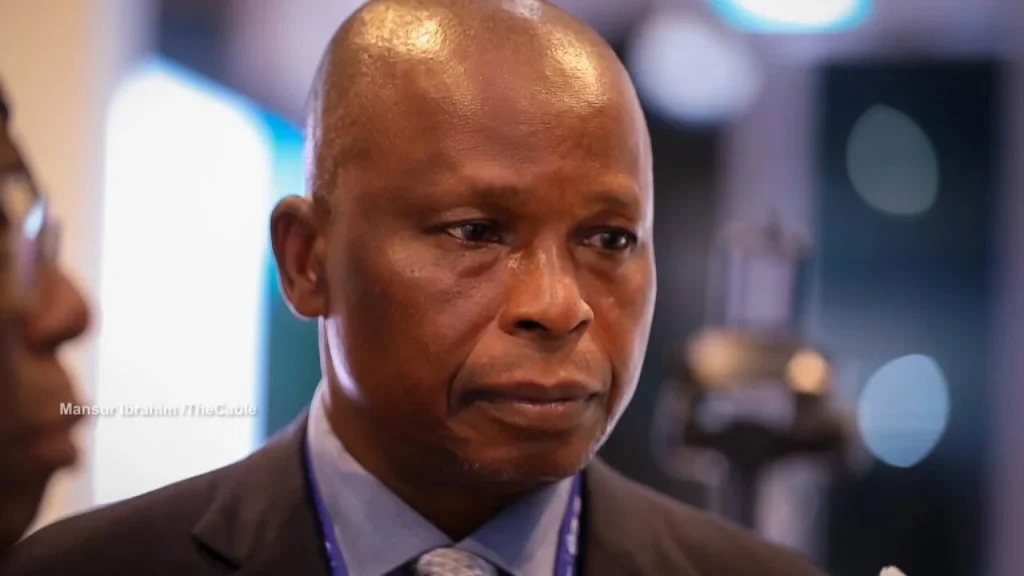The Attorney General of the Federation, Lateef Fagbemi, has asserted that he is unafraid to take action against any government agency found to be involved in corrupt practices.
He encouraged lawyers and members of the public to come forward with information on such activities so that investigations can be conducted and appropriate measures taken.
Speaking on Tuesday during a fireside chat at the NBA Conference in Lagos, where he discussed the reforms initiated by his ministry, Fagbemi emphasized the importance of this initiative.

He highlighted that a key component of the Federal Government’s updated anti-corruption strategy involves working closely with subnational governments to secure their cooperation and incorporate anti-corruption measures into state laws, policies, and practices.
He also noted that, in alignment with Nigeria’s commitments under the United Nations Convention Against Corruption, his ministry has begun collaborating with international allies to share intelligence, recover stolen assets, and strengthen the fight against corruption.
Regarding the contract with the Chinese firm Zhongshan Fucheng, which seeks to seize some of Nigeria’s assets abroad, Fagbemi stated that his ministry has initiated an audit of all such contracts and will disclose the findings at a later date.
“In the fight against corruption, the Ministry is crucial in supporting and coordinating the efforts of our anti-corruption agencies, particularly in prosecution and asset recovery,” Fagbemi said. “The Federal Government’s anti-corruption stance is clearly reflected in the Presidential commitment to ensuring a fairer and safer playing field.”
He highlighted the recent extension of the National Anti-Corruption Strategy (NACS) and underscored the need to engage subnational governments to ensure that Federal Government policies have the desired impact across the entire country.
“To achieve this, the Ministry is working to cascade Federal Government justice sector policies to subnational levels by engaging State Attorneys-General through the Body of Attorneys-General and the Nigeria Governors’ Forum,” he explained. “We are also leveraging platforms such as the General Council of the Bar to share our vision for enhancing the justice sector.”
Fagbemi also discussed the ministry’s commitment to the rule of law, emphasizing ongoing collaboration with the Inspector-General of Police and other security and law enforcement leaders to ensure compliance with court judgments.
In addition, he revealed that the ministry is developing an appeal policy for public sector institutions, aimed at encouraging them to pursue appeals against unfavorable court decisions rather than acting with impunity.
“This policy is part of our strategy to address the growing issue of judgment debts against the Federal Government and its agencies,” Fagbemi added. “Through a combination of effective defense strategies and diligent prosecution of appeal cases, the Ministry has made progress in saving the country from substantial debt liabilities.”


